For the man who brings the magic to July Fourth celebrations across New England, 2020 is shaping up to be dud.
Across the region and the nation, Independence Day celebrations have been canceled or delayed as public gathering restrictions or recommendations remain in place because of the ongoing novel coronavirus pandemic.
For Steve Marson, owner of Central Maine Pyrotechnics in Farmingdale and several Pyro City Maine stores, that means that of the 110 fireworks displays scheduled between June 2o and July 4, only about a dozen public displays will take place.
“This year’s kind of a crazy year,” Marson said earlier this week.
Between the shows that have been canceled and rescheduled for next year and those waiting to to see whether public gathering restrictions will be extended this summer, his company is on track to lose about $1 million in revenue this year.
“You don’t prepare for this,” he said.

A detail shot of fireworks for sale Wednesday at Pyro City Maine fireworks store in Manchester. Joe Phelan/Kennebec Journal Buy this Photo
A couple of summers ago, rain washed out the 60 planned fireworks shows over the July Fourth weekend. Marson said his teams were able to get 35 of them off the ground despite the weather and schedule the remaining 25 throughout the summer.
Most of the communities that have canceled public displays this year have no plans to host a fireworks display until 2021.
In some instances, communities have relied on small businesses or the local chambers of commerce working with its members to sponsor the shows. But this year, because of the widespread closures, he said, most businesses aren’t in a position to donate.
Marson’s not alone in seeing his summer revenue go up in smoke.
The American Pyrotechnics Association estimates that 16,000 fireworks displays were scheduled to take place over the Fourth of July weekend, but the vast majority have been canceled.
APA Executive Director Julie Heckman said the family-owned companies that make up the association’s membership are struggling with the unanticipated loss of revenue.
Up until about two decades ago, the bulk of the fireworks display business was tied to the Fourth of July, Heckman said. Gradually, other events like minor league baseball games, festivals and weddings started incorporating fireworks and broadening the revenue base.
“Basically, the fireworks industry performs in front of large gatherings,” she said. “With the shutdown, they lost the sporting events in the spring. They’ve lost fairs and festivals and concerts, and 80% of what would have been the Fourth of July. They’re really struggling.”

Roy Tisdale of Augusta carries his purchases Wednesday at Pyro City Maine fireworks store in Manchester. Joe Phelan/Kennebec Journal Buy this Photo
While companies like Marson’s aren’t bringing in revenue, they’re not getting a break on the ongoing costs of running their businesses, either.
“We’re sitting on millions of pounds of explosives that these companies bought and imported,” she said. “They have to keep the fireworks secure until next year. And they have really high insurance premiums that are based on the inventory they hold.”
At the same time, they also have to comply with the regulations on inventory control imposed by the federal Bureau of Alcohol, Tobacco, Firearms and Explosives.
That’s why the association is lobbying Congress for more assistance as it considers the next round of stimulus funding and what changes can be made to the Economic Injury Disaster Loan program run by the U.S. Small Business Administration.
Heckman said Congress had approved a $2 million cap on the disaster loan program, but the pyrotechnics companies were receiving only about $150,000, which will not help these companies through the next 10 months.
“The industry is not blaming the governors or the authorities for the shutdown orders,” she said. “They’re just saying, ‘Hey Congress, pay attention to this tiny little industry that no one thinks about except one day a year.'”
The state that professional fireworks display companies now find themselves in has been overshadowed by record-breaking consumer fireworks sales this year.

Brittany Knox, left, and Sean Murphy of Randolph wait in the checkout line Wednesday at Pyro City Maine fireworks store in Manchester. Joe Phelan/Kennebec Journal Buy this Photo
In the absence of big, public shows, people are making their own pyrotechnic plans.
While Marson has about dozen privately booked fireworks shows in communities that have canceled the public displays, others are buying fireworks to shoot off, many for the first time. As of this week, he said, sales at his Pyro City Maine fireworks stores are up about 30%.
He said staff at his stores have been doing a lot of education for first-time fireworks users, running videos in the stores and sharing brochures about fireworks safety.
“My concern is that people need to respect it and know what they’re doing,” Marson said. “No alcohol, no drugs, no nothing. And set them up in an area where they’re safe and away from people so that if something does go wrong, nobody’s going to get hurt.”
Augusta, like most communities across Maine, has canceled its Fourth of July festivities, including its fireworks show. But rather than wait a year to bring fireworks back, city officials have their eye on Halloween.
“We want to bring people together for a heck of a Halloween bash,” Leif Dahlin, the city’s director of Community Services, said Wednesday, if gathering restrictions have been lifted.
Because of the size of the shows, the city follows its bidding process to choose a vendor.
As it happens, Dahlin said, Central Maine Pyrotechnics has submitted competitive bids and been awarded contracts in recent years.
“The shows are always spectacular,” he said.
Send questions/comments to the editors.

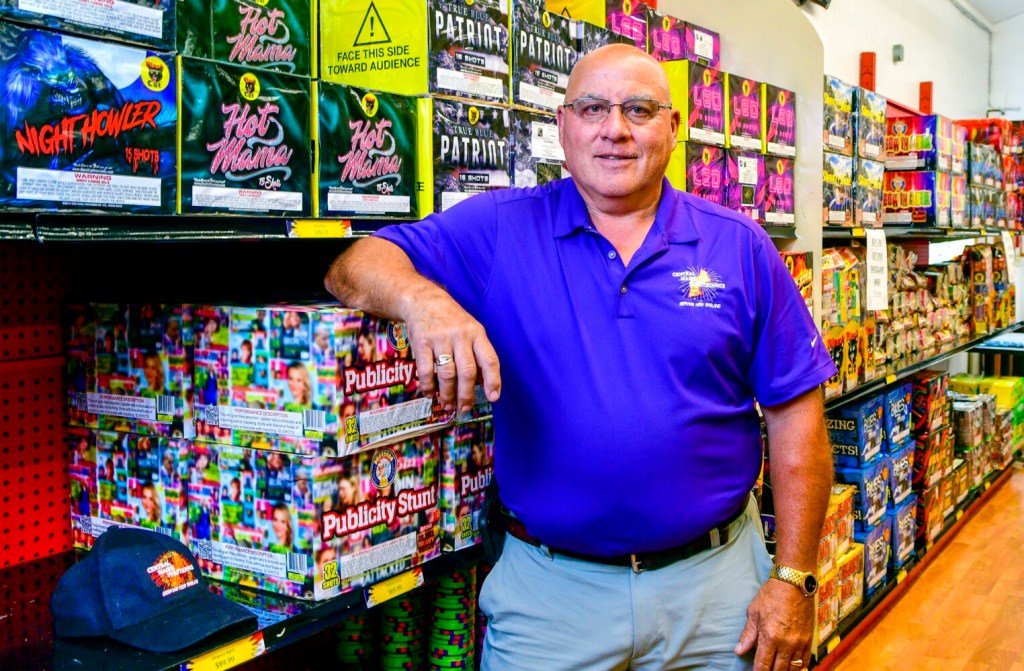
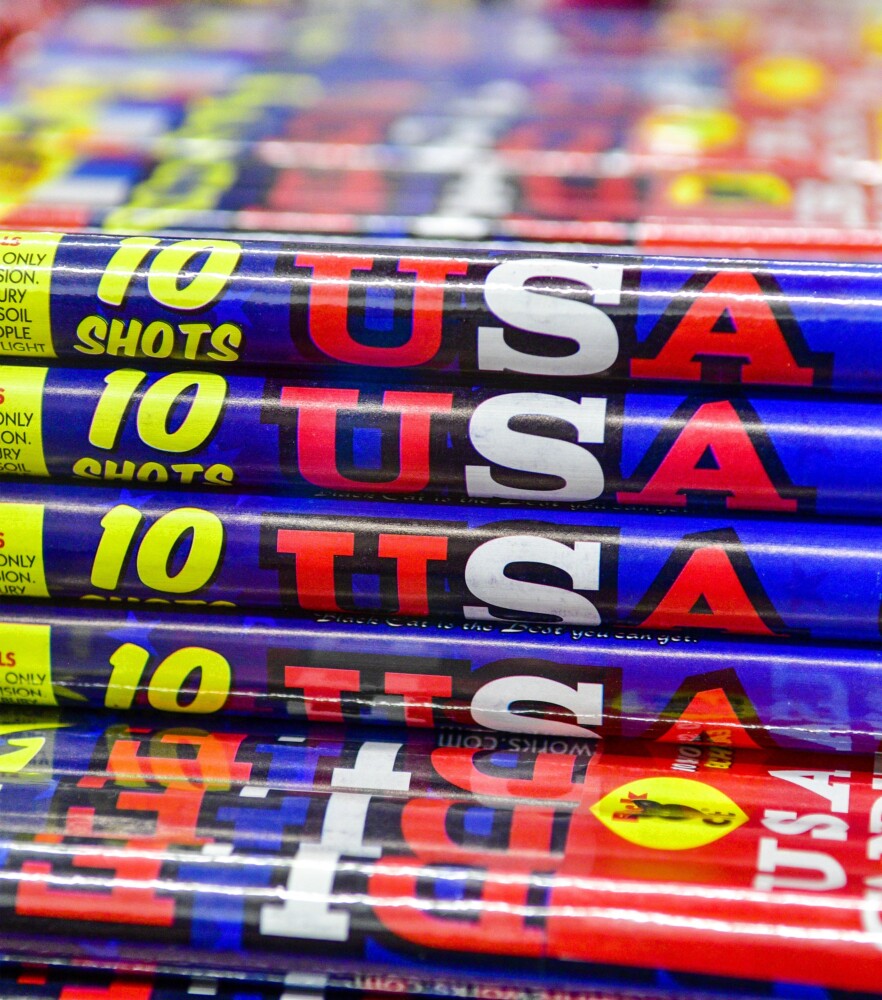
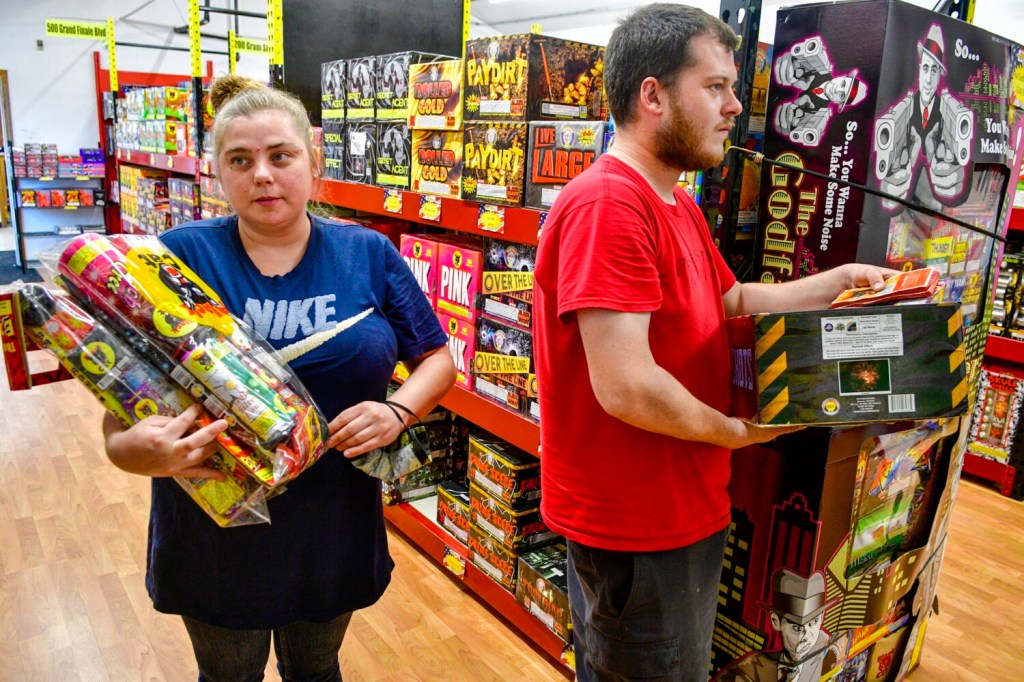
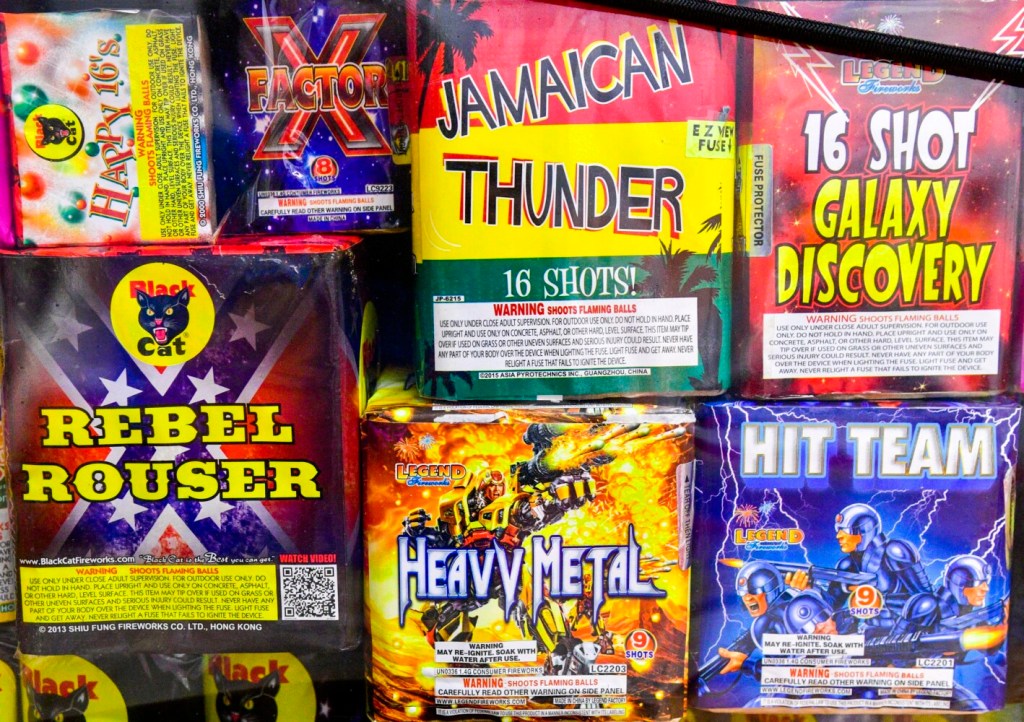
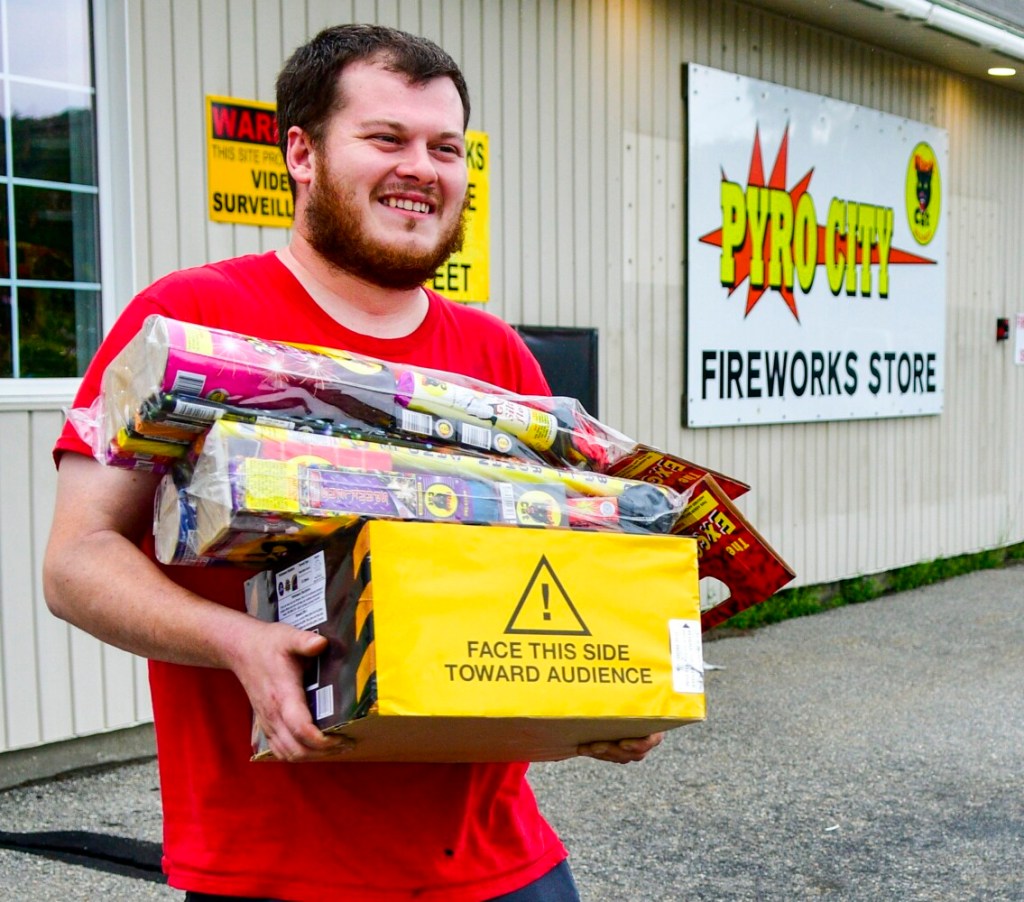
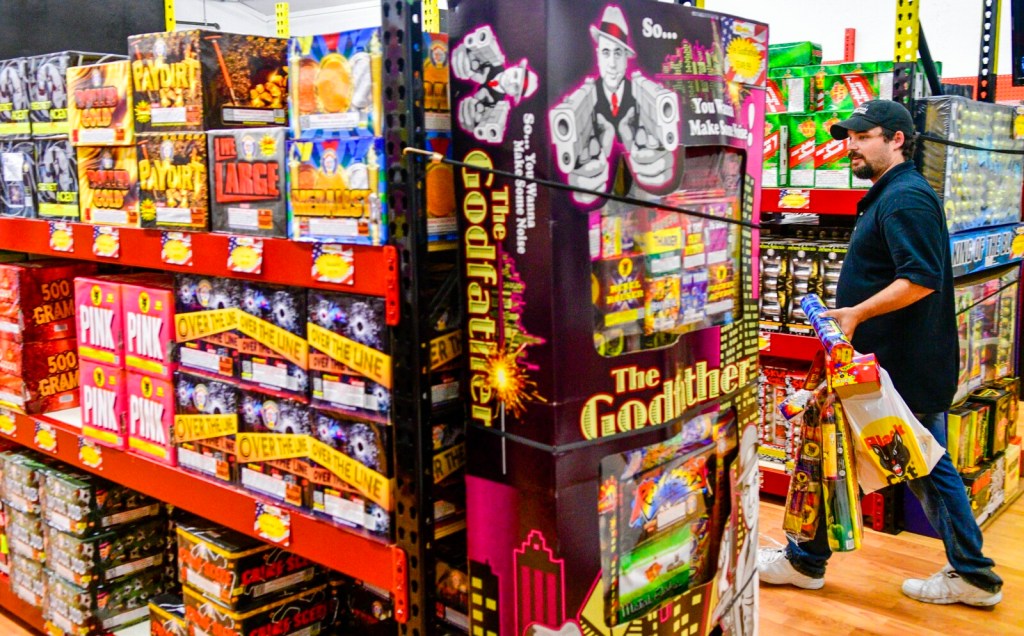
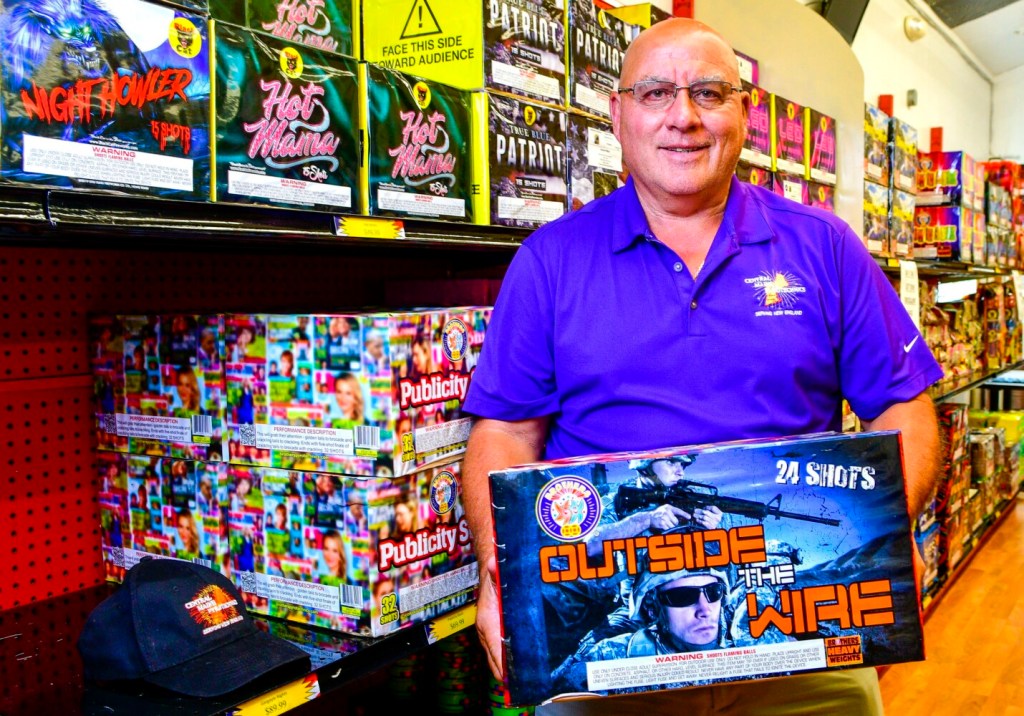
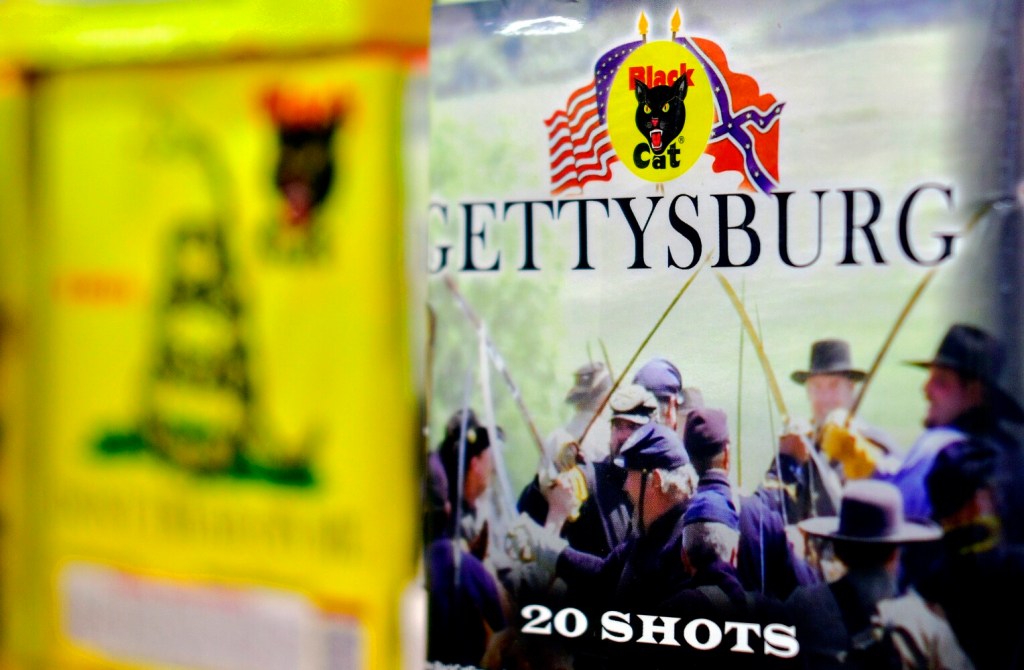

Success. Please wait for the page to reload. If the page does not reload within 5 seconds, please refresh the page.
Enter your email and password to access comments.
Hi, to comment on stories you must . This profile is in addition to your subscription and website login.
Already have a commenting profile? .
Invalid username/password.
Please check your email to confirm and complete your registration.
Only subscribers are eligible to post comments. Please subscribe or login first for digital access. Here’s why.
Use the form below to reset your password. When you've submitted your account email, we will send an email with a reset code.